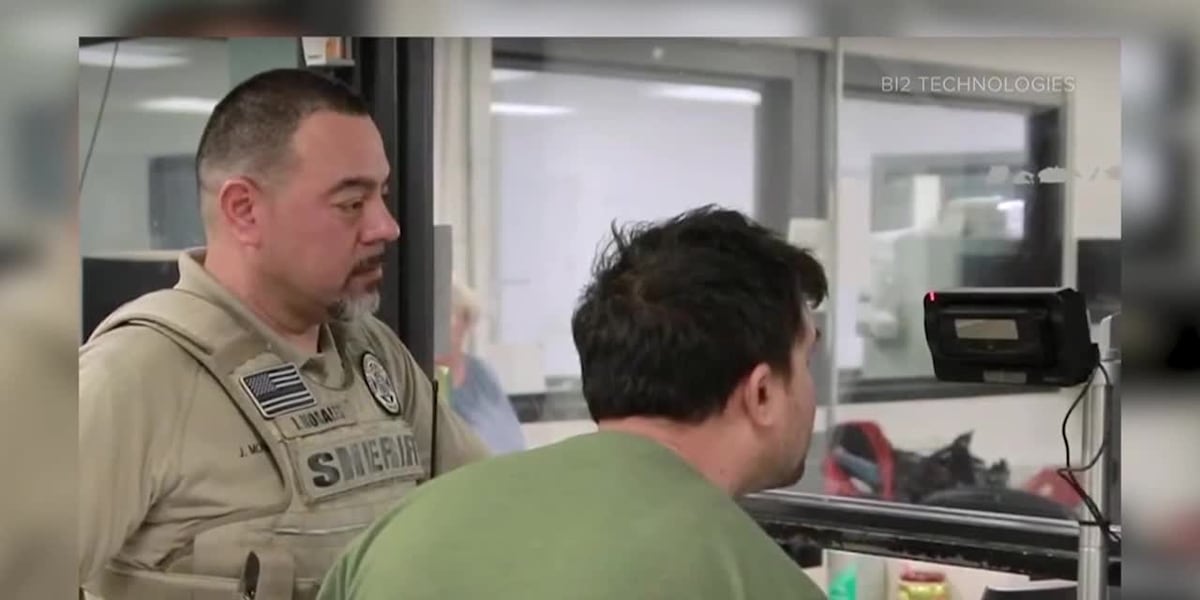Beyond Tech Skills: Google's Expert Reveals How Artists & Philosophers Thrive in the Workplace
2025-08-12
Insider
Mira Lane, founder of Google's Envisioning Studio, is a champion for diverse talent. In a world increasingly focused on technical expertise, she highlights the immense value that individuals from non-technical backgrounds—artists, philosophers, and creatives—bring to the table. Here's her advice for non-technical candidates looking to excel at Google and beyond.
The Power of 'Non-Technical' Skills
Lane's team at Envisioning Studio is a fascinating blend of philosophers, artists, writers, and designers alongside traditional engineers. This unusual composition isn't an accident; it's a deliberate strategy. She argues that complex problems often require more than just technical solutions. They demand creativity, critical thinking, empathy, and the ability to see things from multiple perspectives—qualities often honed by those outside the traditional tech pipeline. “We’re trying to build more human-centered products,” Lane explains, “and that requires bringing in different kinds of thinking.”
What Google Looks For (and Why It's Not Just Coding)
So, what does Google look for in candidates who *aren't* coding experts? Lane outlines several key attributes:
- Storytelling Ability: “We want people who can articulate a vision, explain complex ideas simply, and connect with others emotionally.” Being able to weave a compelling narrative is crucial in a company like Google, where innovation often hinges on inspiring others.
- Critical Thinking & Problem Solving: While technical skills are valuable, the ability to analyze situations, identify root causes, and propose innovative solutions is paramount. Lane emphasizes that this isn’t solely about coding; it’s about approaching challenges with a thoughtful and analytical mindset.
- Adaptability & Learning Agility: The tech landscape is constantly evolving. Google seeks individuals who are comfortable with ambiguity, eager to learn new things, and able to adapt quickly to changing circumstances.
- Empathy & User Focus: Understanding the needs and motivations of users is essential for building successful products. Lane's team prioritizes user-centric design, and candidates who demonstrate empathy and a genuine interest in understanding others are highly valued.
- Collaboration & Communication: Google thrives on collaboration. Candidates must be able to work effectively in teams, communicate their ideas clearly, and actively listen to others.
Preparing Your Application: Show, Don't Just Tell
Lane stresses that simply stating you possess these qualities isn't enough. Candidates must *demonstrate* them through their experiences and examples. Here’s how:
- Highlight Relevant Projects: Showcase projects, even if they're outside of a traditional tech context, that illustrate your storytelling, problem-solving, and collaborative skills.
- Use the STAR Method: When describing your experiences, use the STAR method (Situation, Task, Action, Result) to provide concrete evidence of your abilities.
- Tailor Your Resume and Cover Letter: Carefully review the job description and highlight the skills and experiences that are most relevant.
- Practice Your Communication: Be prepared to articulate your ideas clearly and concisely in interviews.
The Future of Work is Diverse
Mira Lane’s insights underscore a crucial shift in the modern workplace. Companies are increasingly recognizing that diverse perspectives and skillsets are essential for innovation and success. By embracing talent from all backgrounds, Google is paving the way for a more inclusive and creative future. If you’re a non-technical candidate with a passion for problem-solving and a unique perspective, don’t let the perceived emphasis on tech skills deter you – your contributions are valuable and in demand.






